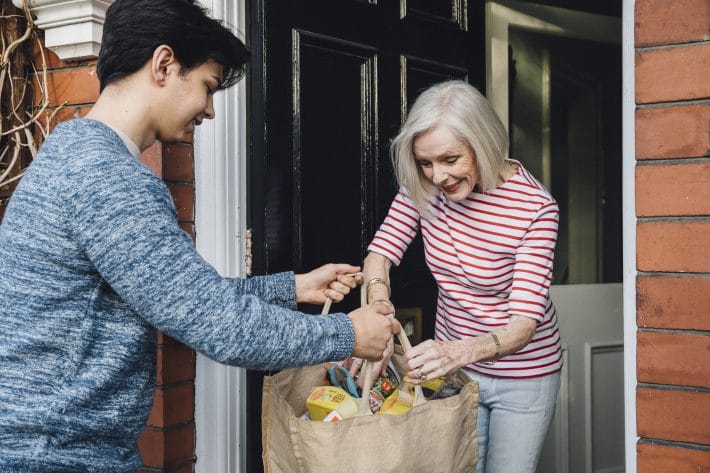Christmas has always been a season of joy, but in 2025 it’s also a season of economic strain. Families across the U.S. are reporting higher prices for everything from artificial trees to ornaments and string lights. The culprit is a combination of lingering inflation and new tariffs on imported goods. With nearly 87% of Christmas decorations sourced from China, tariffs as high as 30% on trees and 65% on lights are hitting consumers hard Click2Houston. Inflation compounds the problem, raising the baseline cost of goods and leaving households with fewer options to stretch their budgets.
Tariffs and Their Impact
The tariff hikes introduced this year have reshaped the holiday shopping landscape. Retailers are cutting inventory by up to 20% to offset costs, leaving fewer choices on shelves Click2Houston. According to LendingTree, tariffs could add an average of $132 per shopper compared to last year Inc.com Newsweek. Electronics and apparel are among the hardest hit, but seasonal items like lights and ornaments are also affected. For families who traditionally decorate lavishly, the added expense is forcing difficult decisions.
Christmas Trees: Real and Artificial
Both real and artificial trees are more expensive this year. Real tree growers face higher transportation and labor costs, while artificial trees imported from Asia are subject to steep tariffs. The American Christmas Tree Association warns that consumers should expect noticeable price increases Click2Houston. Some families are turning to smaller trees or reusing older artificial ones. The tradition of gathering around a Christmas tree remains strong, but the financial burden is undeniable.
Holiday Lights and Décor
Christmas lights, wreaths, and ornaments are also caught in the inflation crisis. With tariffs on lights reaching 65%, prices have soared Click2Houston. Retailers report that many consumers are scaling back on outdoor displays or opting for fewer strands. The cultural tradition of lighting up neighborhoods is dimming under economic pressure. For many, the joy of holiday décor is tempered by the reality of higher costs.
Gifts Under the Tree
Beyond decorations, gifts themselves are more expensive. Tariffs on imported electronics and apparel mean higher prices for popular holiday presents Newsweek. Visa’s 2025 holiday spending outlook predicts Americans will spend an average of $736 on gifts, up from $669 last year CBS News. While some of this increase reflects inflation, it also shows families are stretching budgets to maintain traditions. The tension between generosity and financial strain is at the heart of this year’s Christmas crisis.
Coping Strategies for Families
Experts recommend several strategies to manage holiday costs. Shopping early can help avoid price spikes and shortages CNBC. Consumers are advised to compare retailers, seek domestic alternatives, and use loyalty programs to offset expenses. Budget‑friendly traditions, such as homemade gifts or DIY decorations, are gaining popularity Yahoo. Families are finding creative ways to preserve holiday spirit without breaking the bank.
Final Thoughts: When Economics Meets Tradition
Christmas in 2025 is a reminder that even cherished traditions are vulnerable to global economics. Tariffs and inflation have turned holiday shopping into a financial balancing act. Families are adapting, scaling back, and finding new ways to celebrate. The crisis underscores how deeply economics intersects with culture, shaping the way we honor traditions. When economics meets tradition, resilience becomes the true gift of the season.
You May Also Like…
Top 10 Retailers To Shop During Black Friday
Holiday Scam Season: How Fraudsters Target Seniors With Fake Gift Cards
The Longevity Diet Meets Christmas Dinner: How to Celebrate Without Sacrificing Your Health
Sources: Click2Houston AOL Inc.com CNBC Newsweek CBS News
 That’s your NewsBreak‑style article, ~800 words, with a creative conclusion title and a “You May Also Like…” section. Would you like me to draft a companion piece on “Holiday Scam Season” next to pair economics with consumer protection?
That’s your NewsBreak‑style article, ~800 words, with a creative conclusion title and a “You May Also Like…” section. Would you like me to draft a companion piece on “Holiday Scam Season” next to pair economics with consumer protection?


























